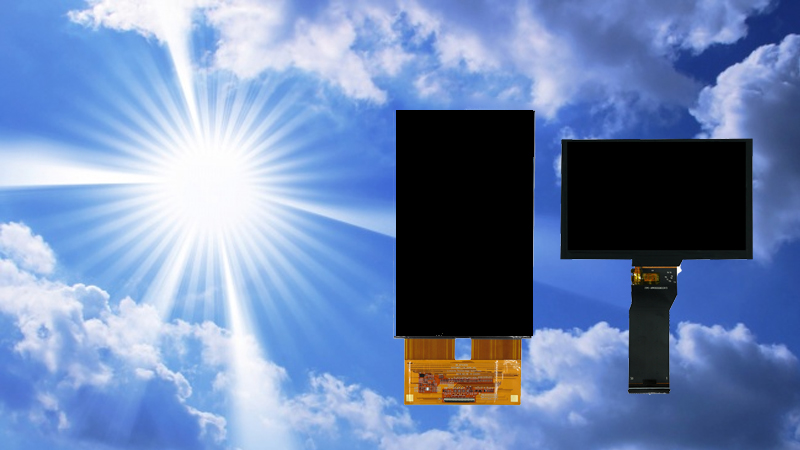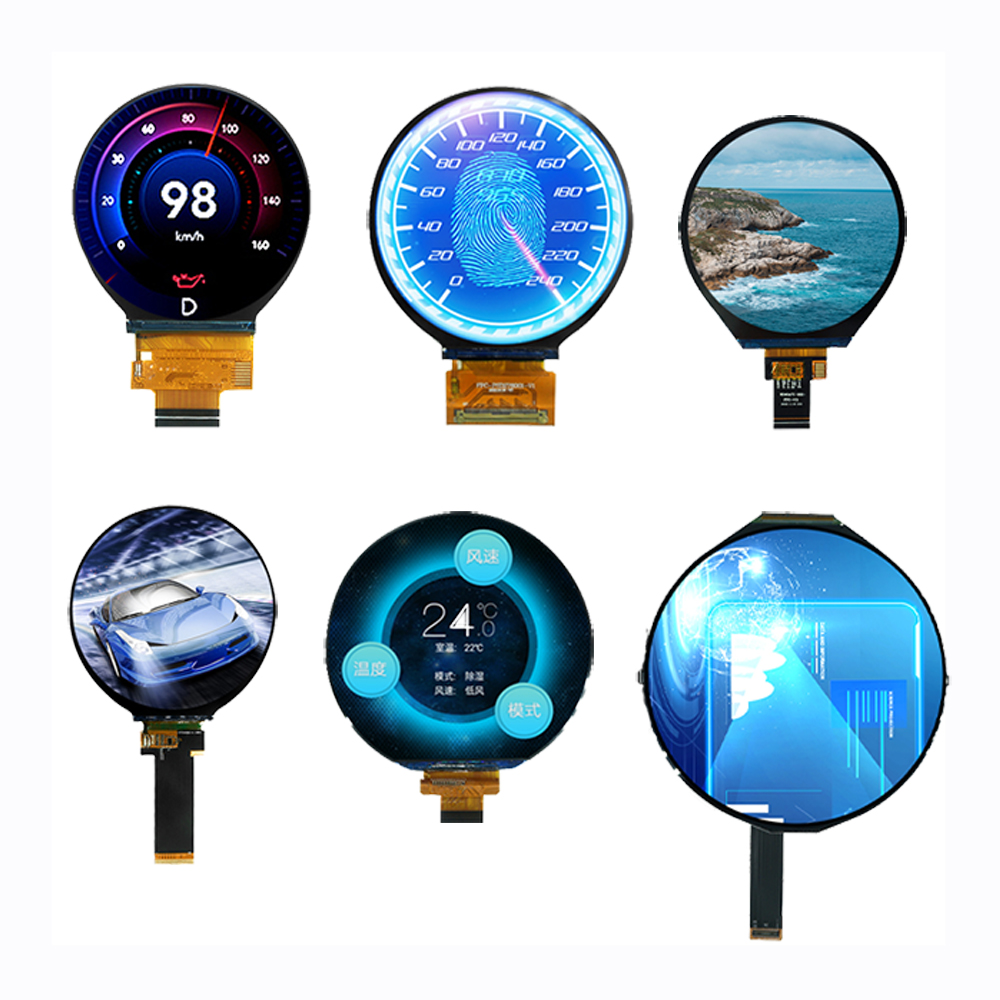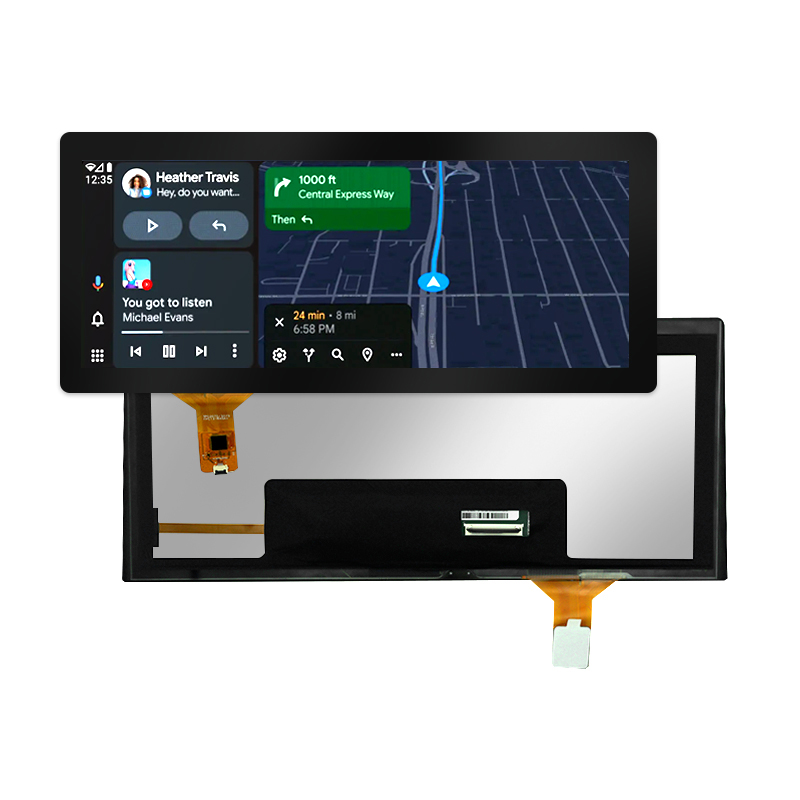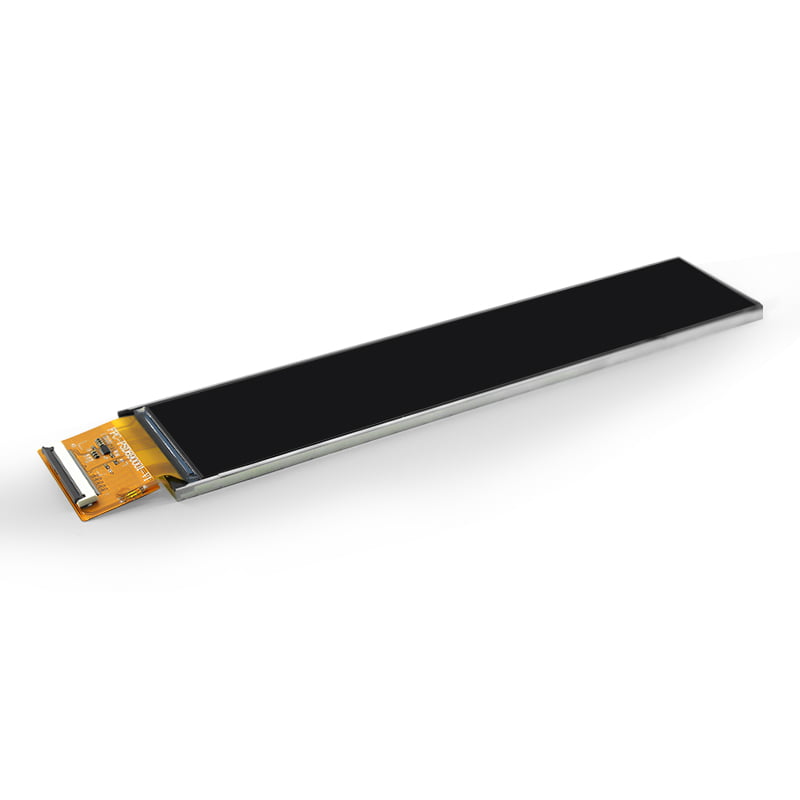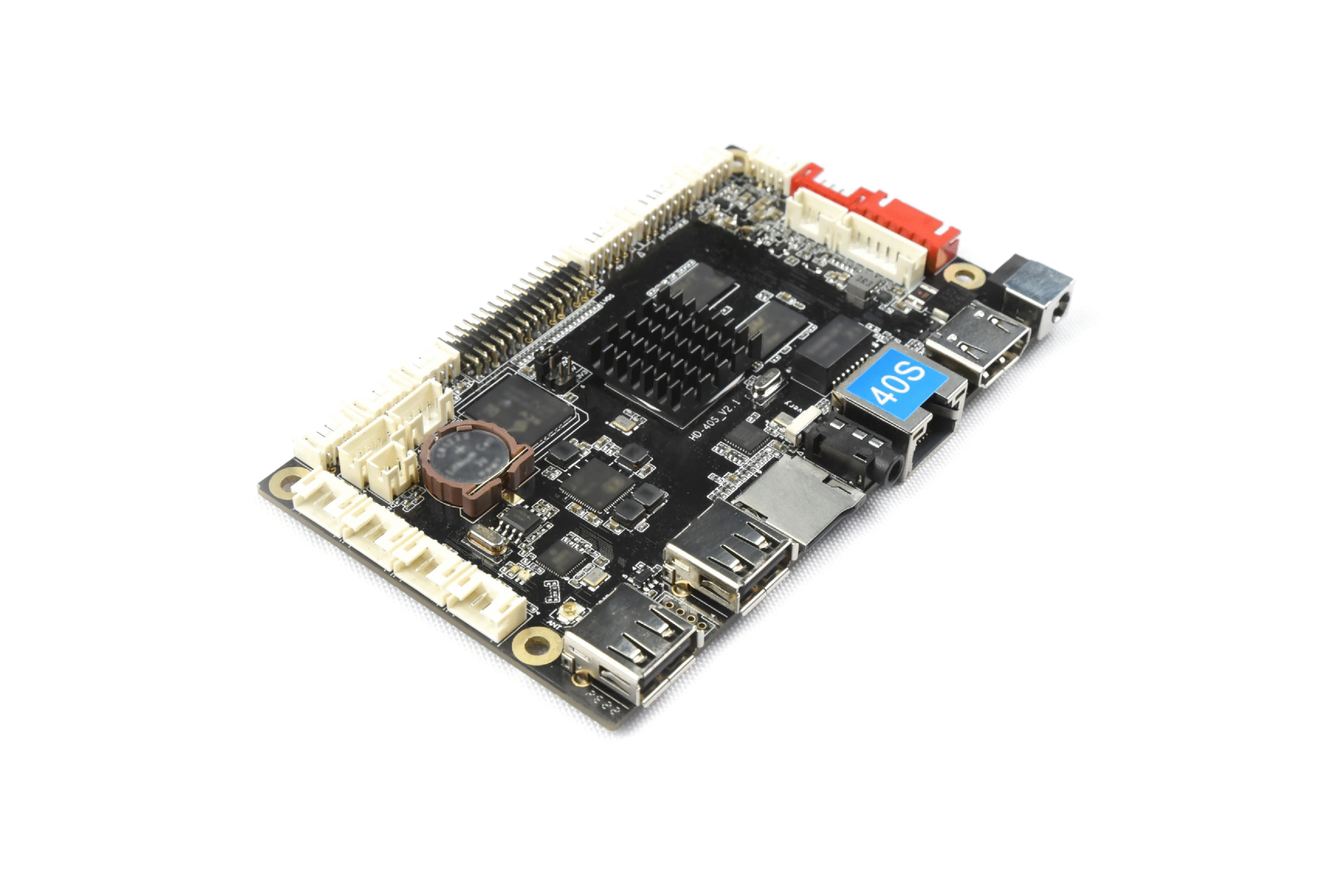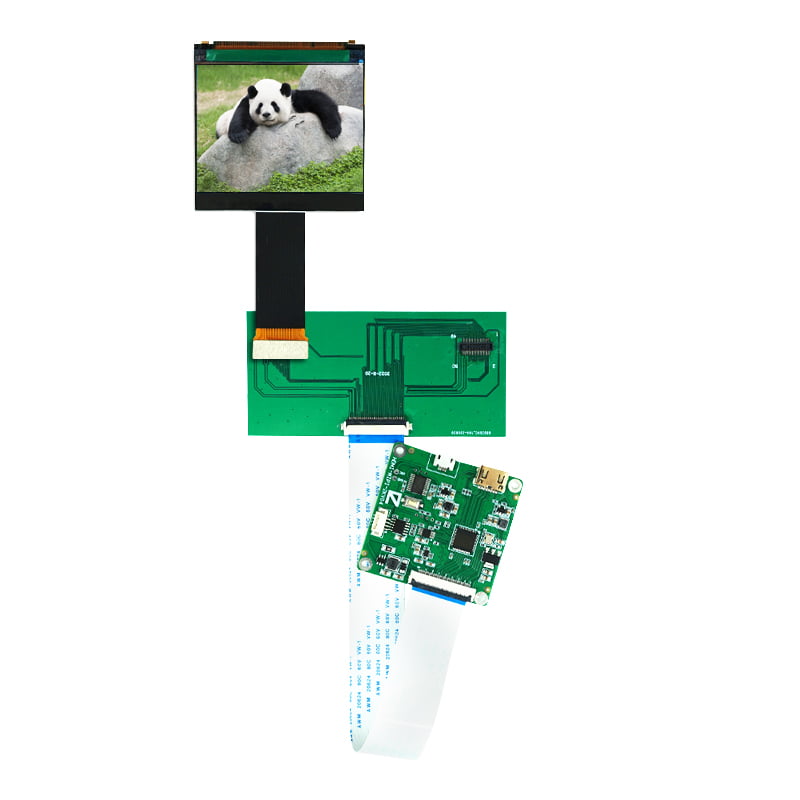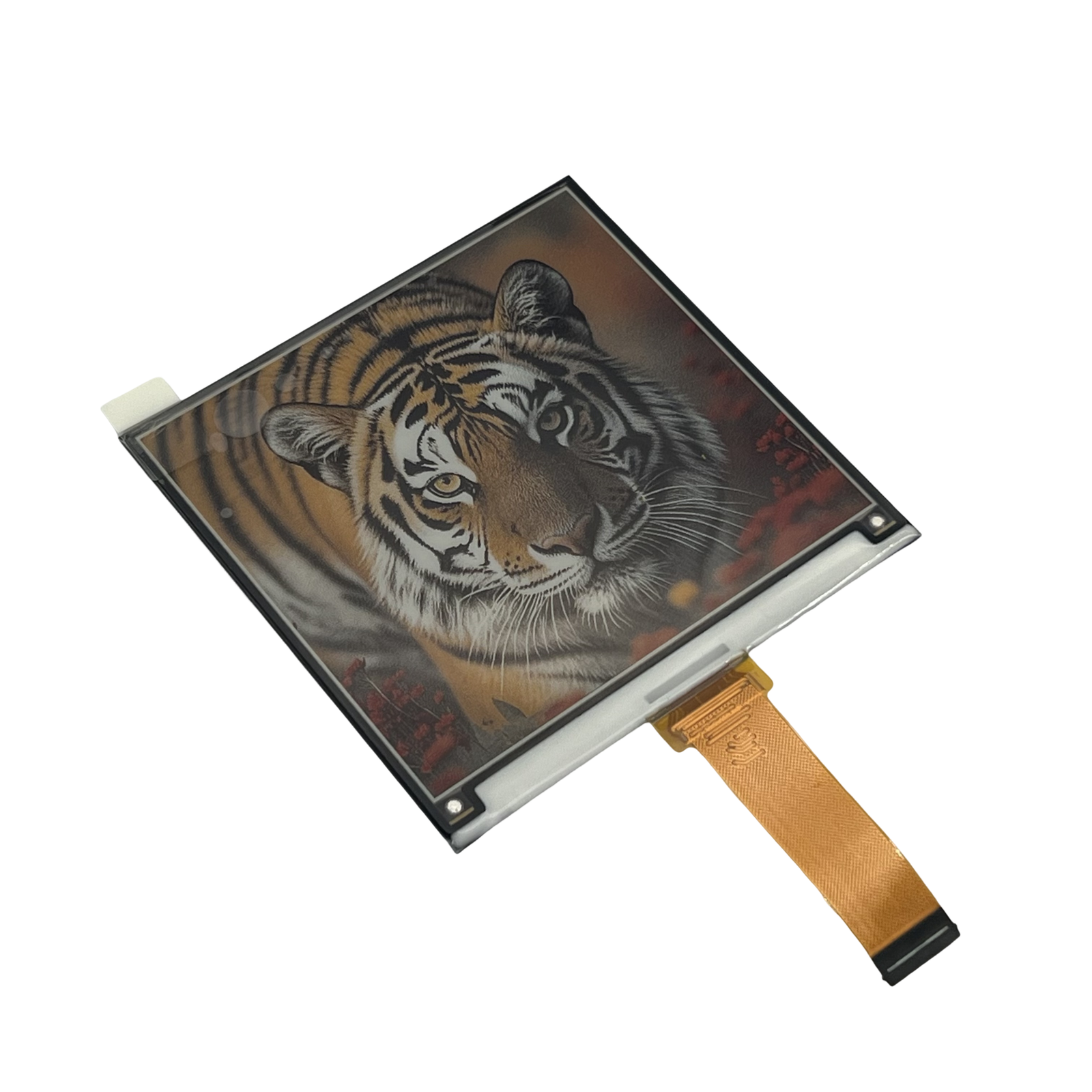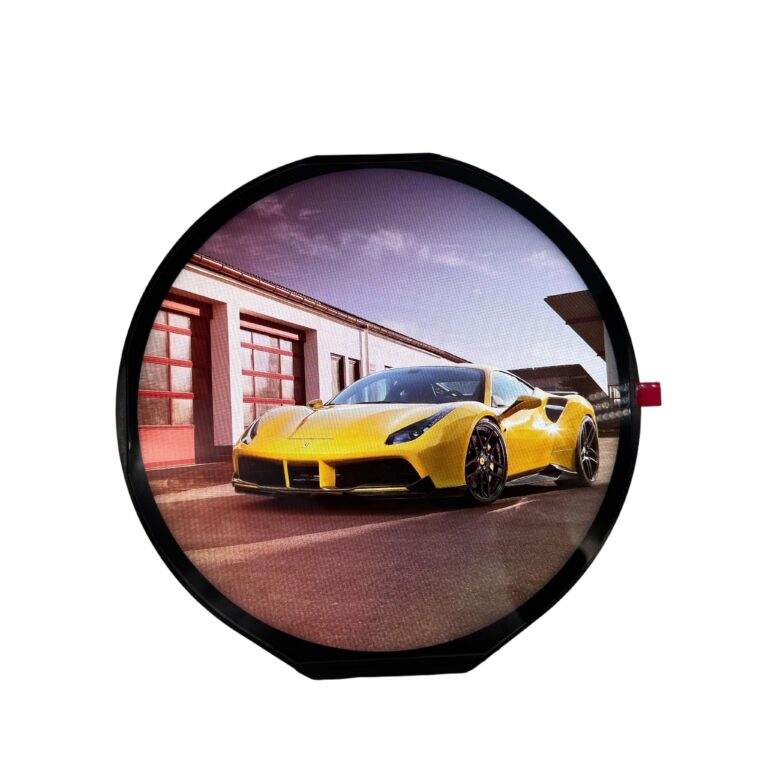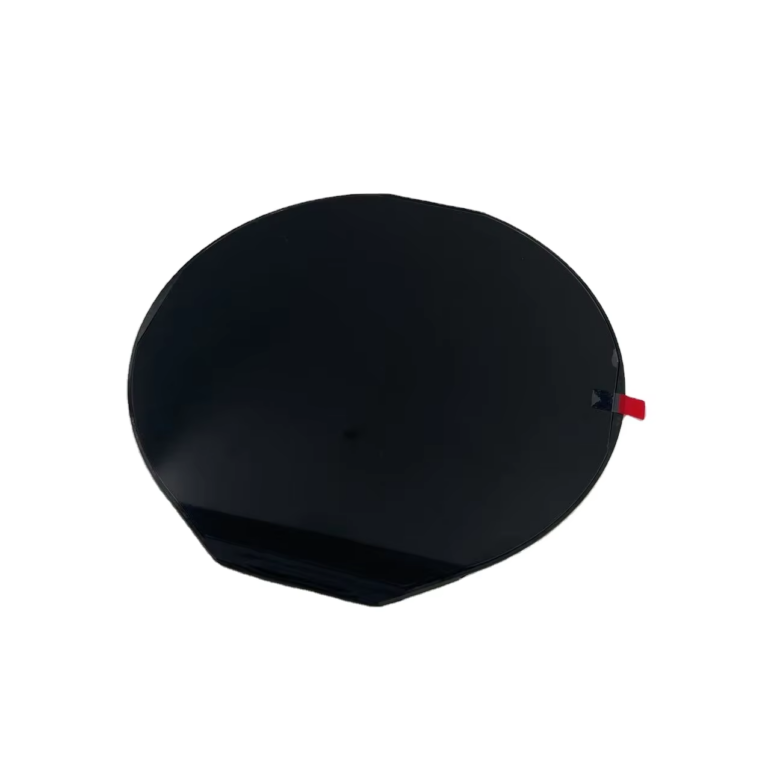
Ne manquez pas cette occasion !
Présentoir rond
Les écrans LCD ronds associent une technologie de pointe à un design circulaire unique qui se distingue des écrans rectangulaires traditionnels. Conçus pour la précision et la fiabilité, ces écrans offrent une haute résolution et une reproduction des couleurs éclatante, garantissant une excellente qualité d'image même dans les environnements exigeants. Avec des angles de vision larges et des niveaux de luminosité optimisés, nos écrans LCD ronds offrent des performances constantes dans diverses conditions d'éclairage. Leur format innovant améliore non seulement l'attrait esthétique mais maximise également la surface d'affichage utilisable, ce qui les rend idéaux pour les applications spécialisées telles que les tableaux de bord automobiles, les dispositifs portables et la signalisation numérique.
- Taille de l'écran LCDTaille : 7,0 pouces
- Résolution: 1080 x 1080 pixels
- Luminance: 800 cd/m²
- Type d'interface: LVDS
Round Display: Where Innovation Meets Elegance
In a world where form increasingly drives function, the écran rond is reshaping how we interact with devices. Departing from traditional rectangular screens, round displays introduce a modern, ergonomic, and space-saving visual format ideal for wearables, automotive clusters, industrial instruments, and retail interfaces.
From a smartwatch worn on the wrist to a digital speedometer in a vehicle, round displays seamlessly combine aesthetic appeal with technical performance, creating immersive and intuitive user experiences.
Qu'est-ce qu'un écran rond ?
A round display is a circular digital screen, typically based on LCD or OLED technology, engineered to fit non-rectangular form factors. With diameters ranging from 0.96 inches to over 10 inches, these displays enable compact integration into products like dials, gauges, and smart rings—perfect where curves matter.
How Are Round Displays Made?
- Circular masking during TFT or OLED substrate design
- Laser cutting post-assembly for clean curvature
These processes demand advanced pixel alignment, curved backlight distribution, and edge-to-edge color balance.
Display Technologies Supported
- IPS TFT – Wide viewing angles, ideal for consumer interfaces
- AMOLED – High contrast, perfect for wearables
- PMOLED – Cost-effective for simpler displays
- MicroLED – Future-ready for ultra-bright and efficient displays
Optical Enhancements
- Optical bonding for screen clarity
- Anti-glare and anti-smudge coatings
- Étalonnage de la luminosité radiale
- Circular polarizers for automotive visibility
Touch Technology Integration
- Touches capacitives – Multi-touch, gestures, smooth UX
- Touches résistives – Stylus or glove support, robust for industry
Interface Options
- SPI / QSPI – Low-power embedded systems
- MIPI-DSI – High-performance portable devices
- RGB / HDMI / USB – Broad compatibility and plug-n-play
Mechanical Design Features
- Symmetrical bezels for aesthetic uniformity
- Custom FPC routing for circular layouts
- Radial backlight guides for even lighting
Capacités de personnalisation
- Sizes from 0.96″ to 10.1″
- Brightness up to 1000 nits
- Surface finishes: Matte, glossy, AR/AG
- Touch types: Capacitive, resistive, or non-touch
- Interface options: FPC, PCB, embedded drivers
Key Benefits
- Stylish and modern look
- Optimized for small-space integration
- Enhanced UX for circular UI elements
- Energy-efficient performance
- Distinctive branding for retail or medical devices
Application Scenarios
- Produits portables: Smartwatches, fitness trackers, health monitors
- Automobile: Speedometers, infotainment dials
- Dispositifs médicaux: Portable monitors, diagnostic readers
- Équipement industriel: Knob controls, rotary HMI panels
- Retail & POS: Circular menus, promotional interfaces
Development Challenges
- UI adaptation to circular format
- Tooling and custom IC design costs
- Pixel distortion around curved edges
How to Choose the Right Round Display
- Match size and resolution to your UI
- Ensure luminosité for the target environment
- Check touch interaction needs
- Confirm interface compatibility with host systems
Perspectives d'avenir
As flexible OLEDs, curved MicroLEDset AR-based circular interfaces evolve, round displays will play a pivotal role in next-generation hardware design.
FAQ
Are round displays difficult to design for? They require specialized UI layouts, but modern tools ease development.
Do they support capacitive touch? Yes, with multi-touch, gesture support, and custom sensor integration.
Are round displays visible in sunlight? Absolutely—models are available with up to 1000 nits brightness.
Can I request custom sizes or coatings? Yes, OEM/ODM options allow full customization of size, surface, and interface.
Les écrans LCD ronds associent une technologie de pointe à un design circulaire unique qui se distingue des écrans rectangulaires traditionnels. Conçus pour la précision et la fiabilité, ces écrans offrent une haute résolution et une reproduction des couleurs éclatante, garantissant une excellente qualité d'image même dans les environnements exigeants. Avec des angles de vision larges et des niveaux de luminosité optimisés, nos écrans LCD ronds offrent des performances constantes dans diverses conditions d'éclairage. Leur format innovant améliore non seulement l'attrait esthétique mais maximise également la surface d'affichage utilisable, ce qui les rend idéaux pour les applications spécialisées telles que les tableaux de bord automobiles, les dispositifs portables et la signalisation numérique.


